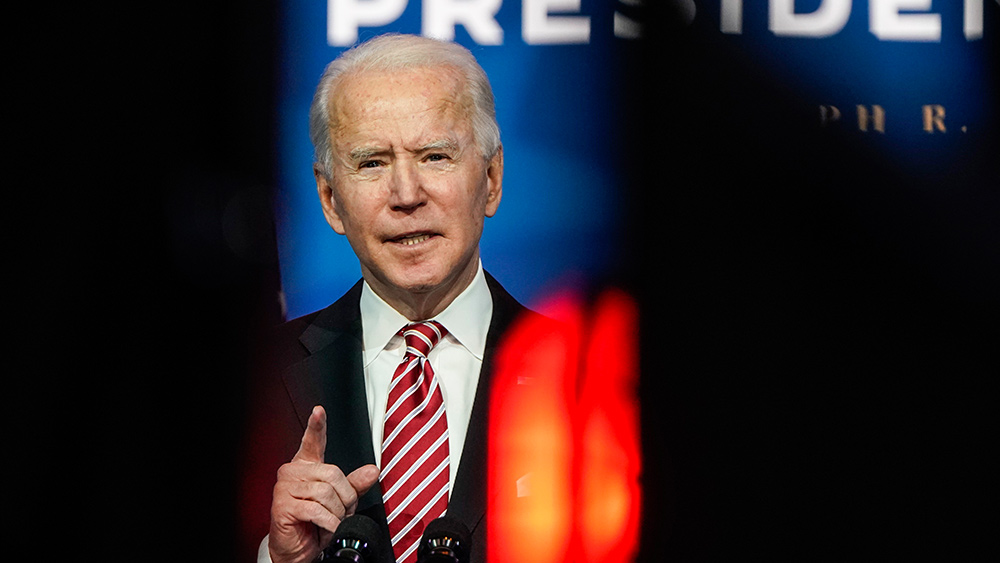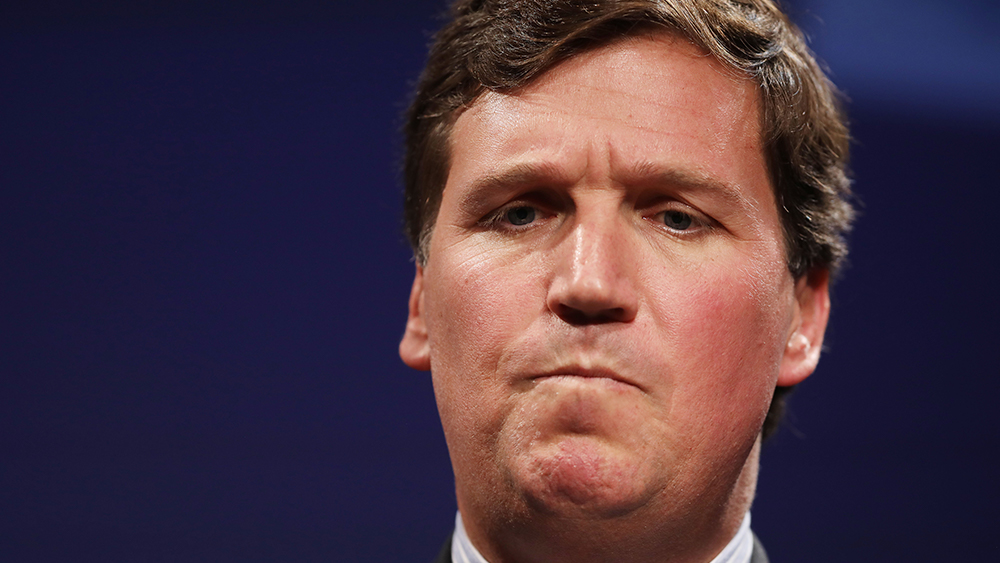
One of the world's leading experts in economics is warning that China Joe's $1.9 trillion Wuhan coronavirus (COVID-19) "stimulus" package will wreck America's economy.
According to Olivier Blanchard, the former chief economist of the International Monetary Fund and arguably the most cited expert in his field, passing Hunter's dad's "relief" package is a disaster in the making.
"Let me double down and go through some numbers," Blanchard tweeted.
"I agree that too much is better than too little and we should aim for some overheating. The question is how much. Much too much is both possible and harmful. I think this package is too much."
Our guess is Blanchard had to tread lightly by writing this way in order to avoid the social media censors, many of whom are being tipped off by fake news journo-terrorists who live to silence others.
"Let's look at the numbers," Blanchard added in a lengthy Twitter thread.
"Size does matter and can be assessed. If the economy had continued on its pre-covid trend, it would be about 900 billion dollars larger. This suggests an output gap of less than 900 billion as some sectors will not operate at full speed for some time."
Blanchard had good things to say about the CARES Act, mainly that it encouraged more Americans to save their hard-earned money in 2020 rather than spend it.
"Excess saving was around 1.6 trillion," he wrote. "As conditions improve, consumers will spend some fraction of it this year. If we say half, that's 800 billion in additional spending."
Another $900 billion in "stimulus" was added to CARES back in December. However, the Biden regime is proposing adding another $1.9 trillion to it, which is completely off the charts in terms of sustainability.
"Adding the three numbers above gives: 3.6 trillion or 4 times the upper bound of the output gap," Blanchard warns.
Do Biden and his handlers want to destroy America?
Assuming an average multiplier of 1, which Blanchard says is on the conservative end of the spectrum, demand will increase in 2021 by about four times the output gap.
If this increase in demand can be accommodated, it will result in an output of about 14 percent above potential, bringing the unemployment rate "very close to zero."
"This would not be overheating; it would be starting a fire," Blanchard says.
"If it were to happen, it would lead to strong inflation (not the 2.5% that some predict, but potentially much more), and, likely a strong reaction of the Fed to limit the overheating, a very large increase in interest rates, again far more than is currently priced in."
While Blanchard admits that some multipliers could turn out to be very small, maybe around 0.25, he sees "no strong reason for it." Potential output could also soar "half a million higher," he says, but again, there is "no strong reason for that either."
There are many factors and moving parts at play, but the gist of Blanchard's thread is that $1.9 trillion is an outrageously high amount of money that is completely unnecessary to save the American economy from ruin.
"Let me be clear. We should spend what we need to save people from poverty and fund the needed response to the pandemic," Blanchard says. "I think we do not need to spend 1.9 trillion for that, and we should have a smaller program."
Even Larry Summers, who worked as the chief White House economist under Obama, says that Biden's $1.9 trillion "stimulus" package is garishly large and entirely unnecessary – unless there is another agenda at play, of course.
To learn more about Big Government's attempts to thrust America into a downward spiral of hyperinflation, check out Collapse.news.
Sources for this article include:
Please contact us for more information.





















